A Fall hello from Great Cranberry
I hope this newsletter finds you staying in the moment as much as possible and continuing to find things in your daily life that make you smile and give you some ease.
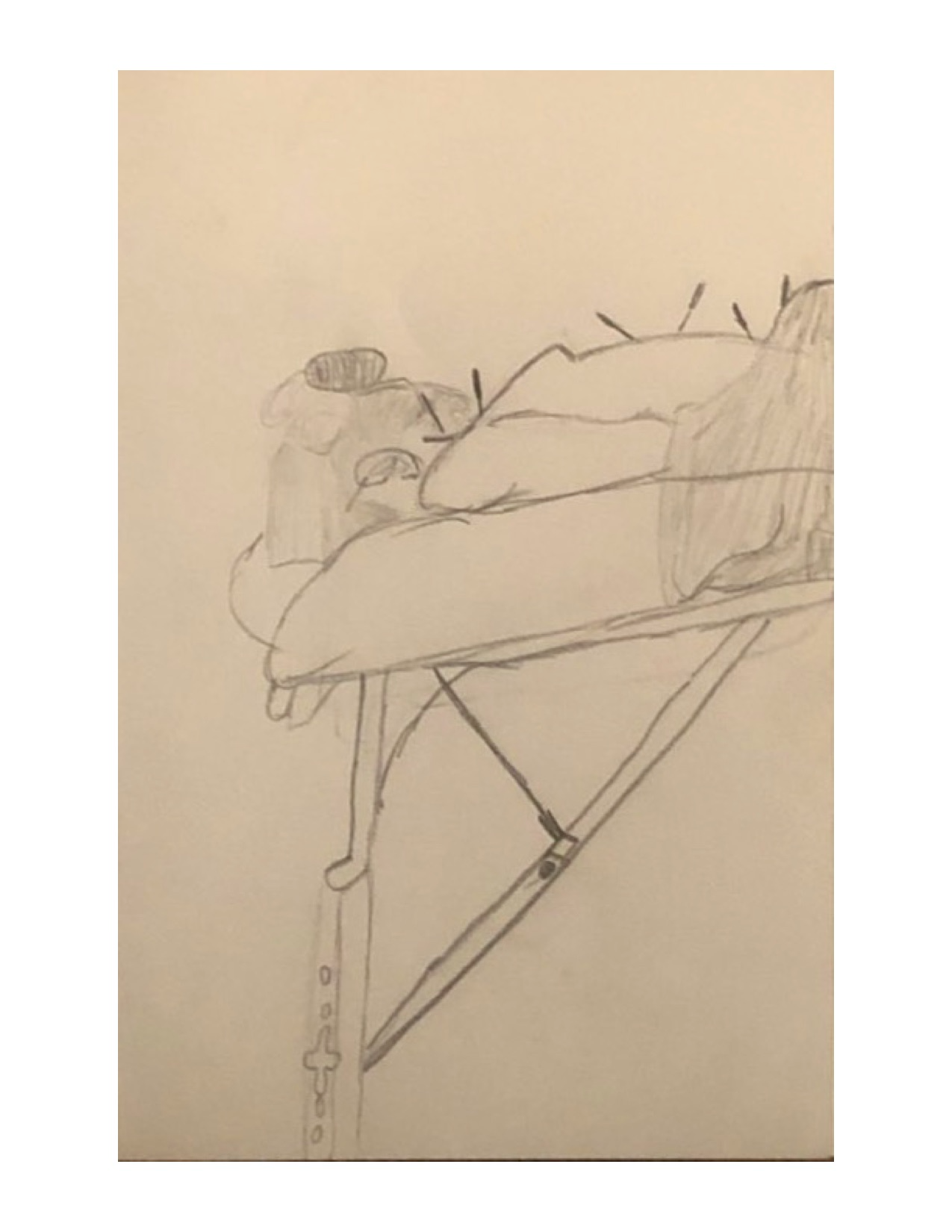
The sketch above was done by my new friend, Kulani Granholm, who sat in the room while her mother received acupuncture. I love to introduce young people to acupuncture and Kulani asked some really good questions. I hope that the experience will continue to demystify acupuncture for young people so that they will be more willing to consider it as part of a beneficial, normal healing modality as they begin choosing health care options for themselves.
I have to laugh!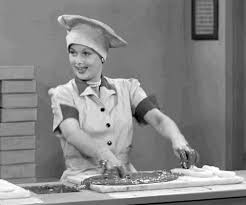
Have you had a good laugh in recent memory? I know, I know. How can I expect anyone to laugh in the middle of an ongoing pandemic and seemingly unprecedented stressful election year? I don’t know but I’m managing to have a good laugh on a regular basis. Probably because that was my birth family’s reaction to stress. When I was growing up the worse the situation the funnier and cruder our jokes became. It felt good to laugh, even in the middle of a bad situation. This year has tested even my family’s ability to crack a smile mid-crisis. Even so, doing everything we can to release pent up stress is vital (I would even say essential) to our health. This newsletter, like all my previous communications, is about reminding you of the bottom line things that you can do to support your overall wellbeing. I won’t go into detail (until later!) about the things that I’ve harped on in the past. but I will briefly outline them below:
- Water! Drink lots of water!
- Eat healthy food, avoiding sugar and processed food.
- Move your body everyday – walk, run, bike, garden!
- Daily breathing and calming your mind. 15 minutes every day of sitting quietly and breathing gently and clearing your mind.
- Get enough sleep.
Now, I’d like to dive deeper into 3 areas mentioned above: Water, breathing and calming your mind. Read more about oceans, keeping my mouth shut and remembering what I want.
Ocean inside and out!
Drinking ½ your body weight in ounces of pure water every day is a baseline requirement for optimal cellular function. If you’re drinking a lot of caffeine and alcohol you need to add 8 oz more for every beverage that contains caffeine or alcohol. What I haven’t talked about before is the need to balance your water intake with enough high quality salt. Our blood and bodily fluids have about the same pH as ocean water so it is important to ingest enough salt through our diet and beverages. I was reminded in a newsletter by Jenny McGruther NTP about the benefits of water and salt in the human body. She talks about making Sole, a mineral rich solution to add to your morning glass of water. I got the salt and made some Sole last week. I’ve been adding a teaspoon to a glass of water every morning and I love it! I’m sleeping better and have more energy. Albeit, I will talk about the other things I’m doing in conjunction with the salty water, but I do think it is a piece to the puzzle! Here is a link to Jenny’s website with the recipe: https://nourishedkitchen.com/sole-water/
I’m keeping my mouth shut!
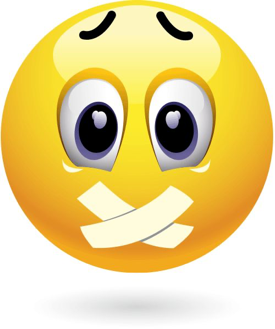
I know this lead in would intrigue you! It could mean so many things these days. And while I am practicing keeping my mouth shut when what I want to say isn’t helpful or kind, I am also literally taping my mouth shut at night to encourage nasal breathing. I have been a mouth breather (and snorer) for many years. And I guess I thought (and my husband was resigned to) that there was nothing to be done about it. I have also been struggling with sinus congestion for many years. The sinus congestion (and snoring!) haven’t responded to dietary changes and goodness knows I’ve eliminated everything at one time or another. I was introduced to the idea that mouth breathing can be corrected by a friend (thanks Jacqueline!) that suggested I read Breath: The new science of a Lost Art by James Nestor. I haven’t finished the book yet, but as is my typical MO I’ve taken a deep dive down the rabbit hole of breathing and the importance on our health, both mental and physical. If you snore, have asthma, chronic sinus congestion, allergies, wake up tired with a dry mouth or a slowed metabolism you could be a mouth breather. From everything I’ve read and listened to so far, breathing through your nose is vital to good health and can be the missing piece for many who are struggling with chronic ailments that haven’t responded to other treatments or lifestyle changes. There are tons of interesting youtube videos talking about breath right now, including mouth taping. Since I’ve started the bizarre ritual of taping my mouth shut at night, I’m waking more rested, I have more energy, and the best thing of all – my sinuses are clearing up!!! My husband is so thrilled that I’ve given him permission to remind me to shut my mouth (and because I’ve stopped gurgling and snorting at night!)
What do you want?
I’m finding that the on-going pandemic and political unrest in our country right now has many of us focused on what we don’t want much of the time. If you’re like many Americans, you’re watching the news, talking to friends and family and thinking about what you don’t want most of the time. If you think a thought, even if it’s true, and it feels bad, you are adversely affecting your cellular function. And if you are doing that chronically, it won’t be long before you manifest a physical ailment. So, what can you do? Especially if you want to stay informed and be part of the solution and you believe that if you take your eyes and mind off the unrolling events they will be get even worse without your constant gaze and angst? That’s a hard belief to buck but I practice every day acknowledging what I don’t want and then very quickly stating what I do want. Starting to think (and talk if it feels good) about what you do want, feels better in your body and doesn’t engage your stress hormones. What if more and more of us kept returning our attention and thoughts, over and over again, back to what we do want instead of what we don’t want. We could tip the scale! How crazy and wonderful would that be?! Thinking and holding positive thoughts only helps everything. An open and joyful heart has more influence, not only on your physical body, but on every person and situation that you care about. Sick, strung out people have a harder time coming up with the solutions that we are all seeking. I’m challenging myself and you, to choose the better feeling thought, over and over, until it’s second nature. And when I’m struggling to let go of a thought that hurts, I take council from some very wise friends, who are there for me whenever I need them. Their message is always the same – stay in the moment, take a dust bath, eat a worm and most importantly – chill out!!
 Turning compost with my Advisory Council!
Turning compost with my Advisory Council!
 Let’s start with water. In a nutshell, proper hydration supports every function in the body. Period. Our bodies are made up of upwards of 70% fluids. Water is a vital part of those fluids. If you are even slightly dehydrated and you add in a new, daily physical activity, you will be putting stress on your whole system. Cartilage, which cushions our joints, is made up of 80% water. Dehydration slows the delivery of vital nutrients needed for cartilage repair and joints are left susceptible to injury. Chronic unintentional dehydration lowers blood volume, putting stress on the heart and causing palpitations and increased heart rate. Lower blood volume also results in less blood and oxygen getting to muscles. Muscle strains, tears, and bone fractures are common effects of exercising while dehydrated. If you have embarked on a new exercise routine and you’re not properly hydrated you’re putting the cat before the horse 😹and setting yourself up for injury and discouragement.
Let’s start with water. In a nutshell, proper hydration supports every function in the body. Period. Our bodies are made up of upwards of 70% fluids. Water is a vital part of those fluids. If you are even slightly dehydrated and you add in a new, daily physical activity, you will be putting stress on your whole system. Cartilage, which cushions our joints, is made up of 80% water. Dehydration slows the delivery of vital nutrients needed for cartilage repair and joints are left susceptible to injury. Chronic unintentional dehydration lowers blood volume, putting stress on the heart and causing palpitations and increased heart rate. Lower blood volume also results in less blood and oxygen getting to muscles. Muscle strains, tears, and bone fractures are common effects of exercising while dehydrated. If you have embarked on a new exercise routine and you’re not properly hydrated you’re putting the cat before the horse 😹and setting yourself up for injury and discouragement. The simple act of taking 10-15 minutes every day to sit quietly and breath deeply can have a profound impact on your health. Like water, the cells of your body also need plenty of oxygen. Giving your cells a charge of fresh oxygen on a daily basis is a sure way to boost your metabolism, lower stress, decrease pain, improve your digestion and lower your blood pressure, just to name a few. I come from a long line of shallow breathers. My mother holds her breath and I learned it from her. There is always a way to blame everything on our mothers! If you aren’t breathing deeply every day, then you’re putting the cat before the horse!😸
The simple act of taking 10-15 minutes every day to sit quietly and breath deeply can have a profound impact on your health. Like water, the cells of your body also need plenty of oxygen. Giving your cells a charge of fresh oxygen on a daily basis is a sure way to boost your metabolism, lower stress, decrease pain, improve your digestion and lower your blood pressure, just to name a few. I come from a long line of shallow breathers. My mother holds her breath and I learned it from her. There is always a way to blame everything on our mothers! If you aren’t breathing deeply every day, then you’re putting the cat before the horse!😸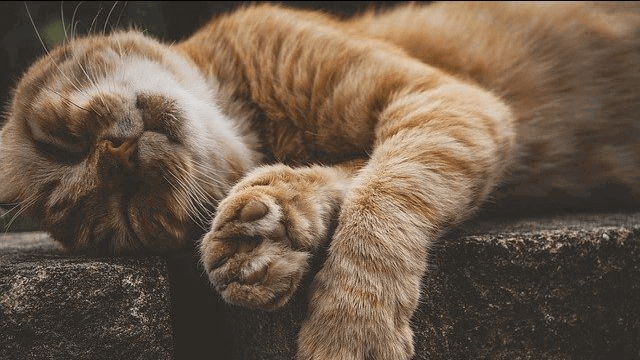

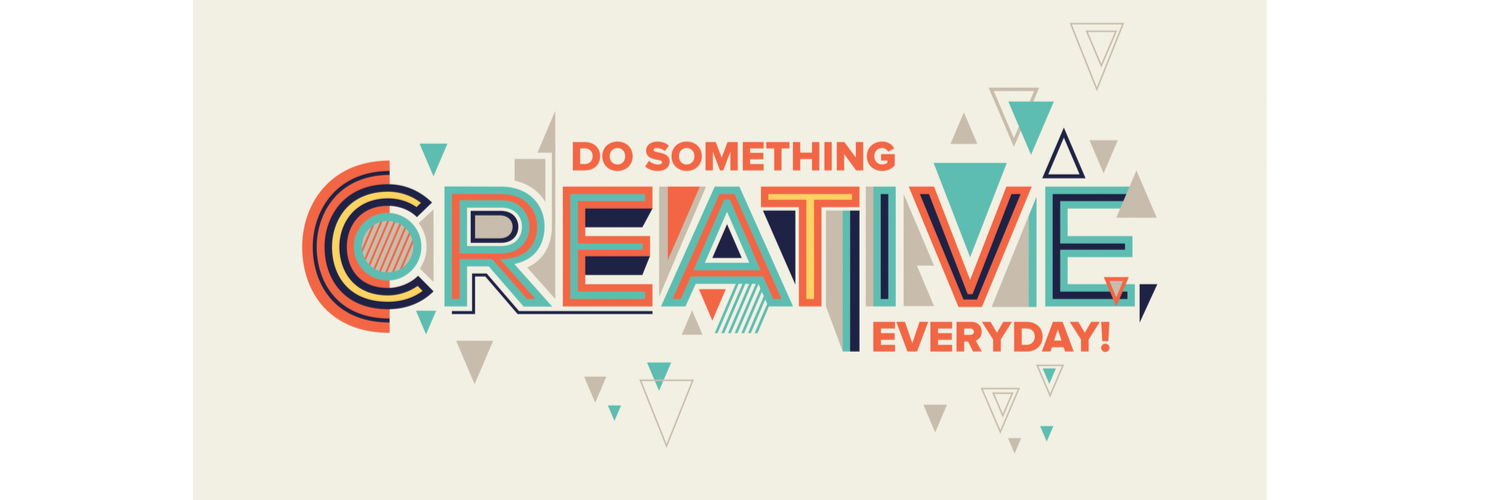



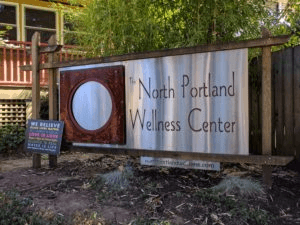
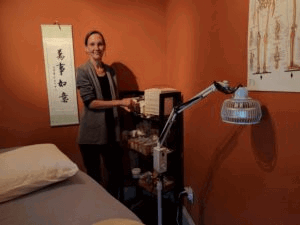

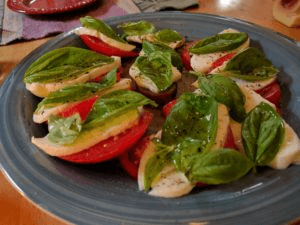




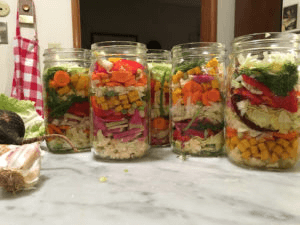
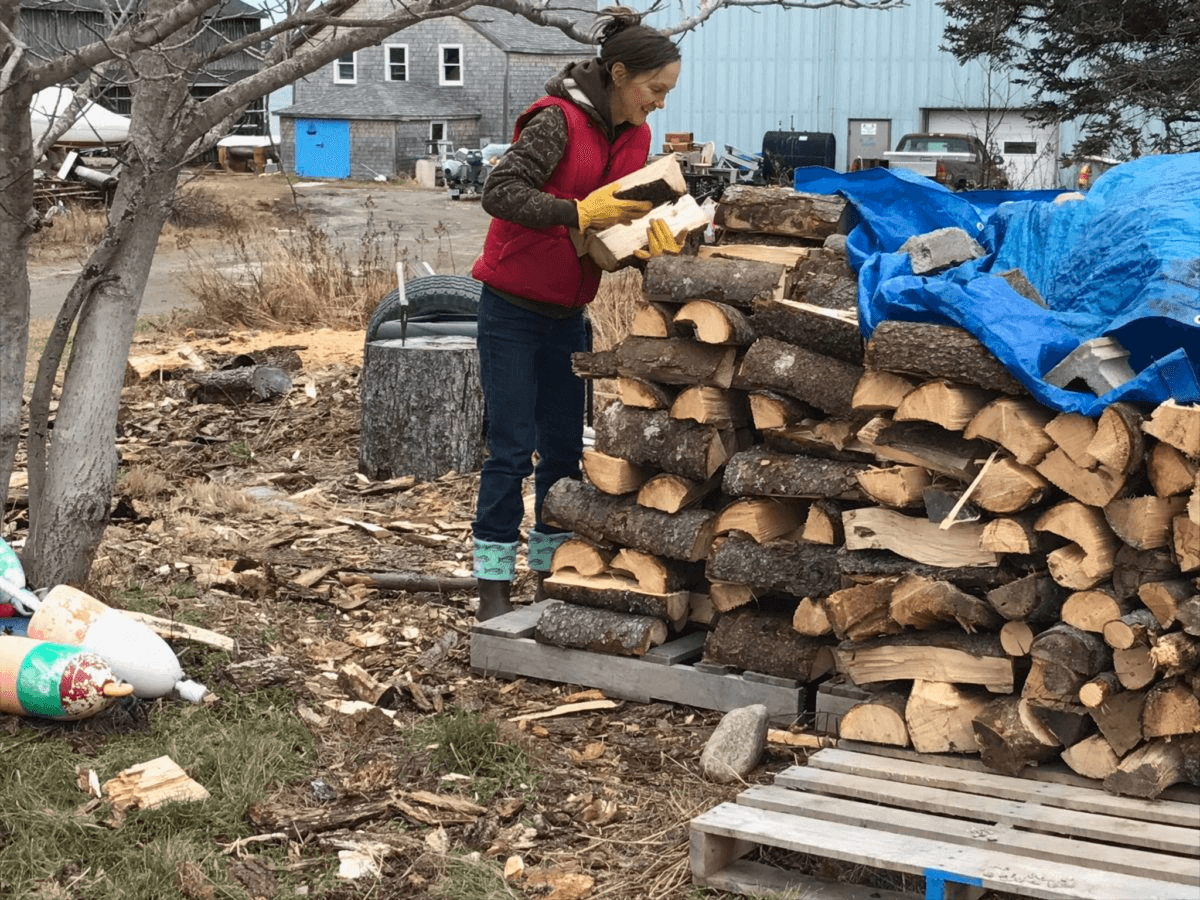
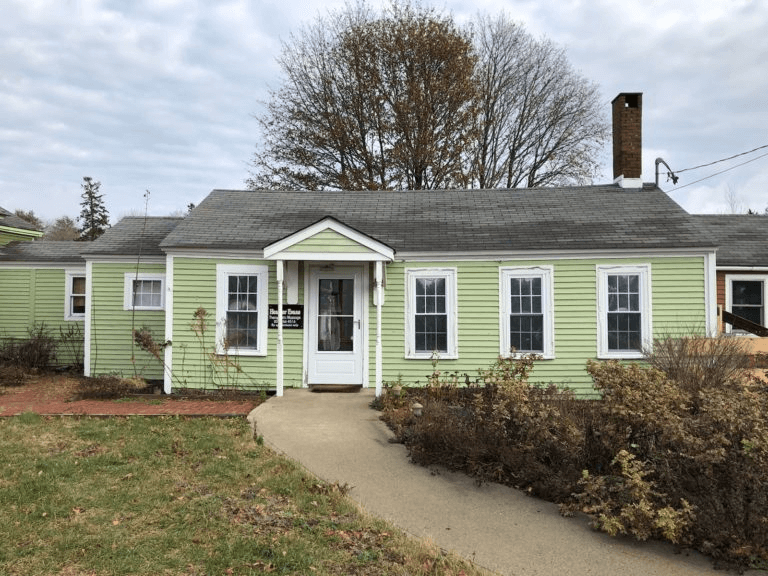
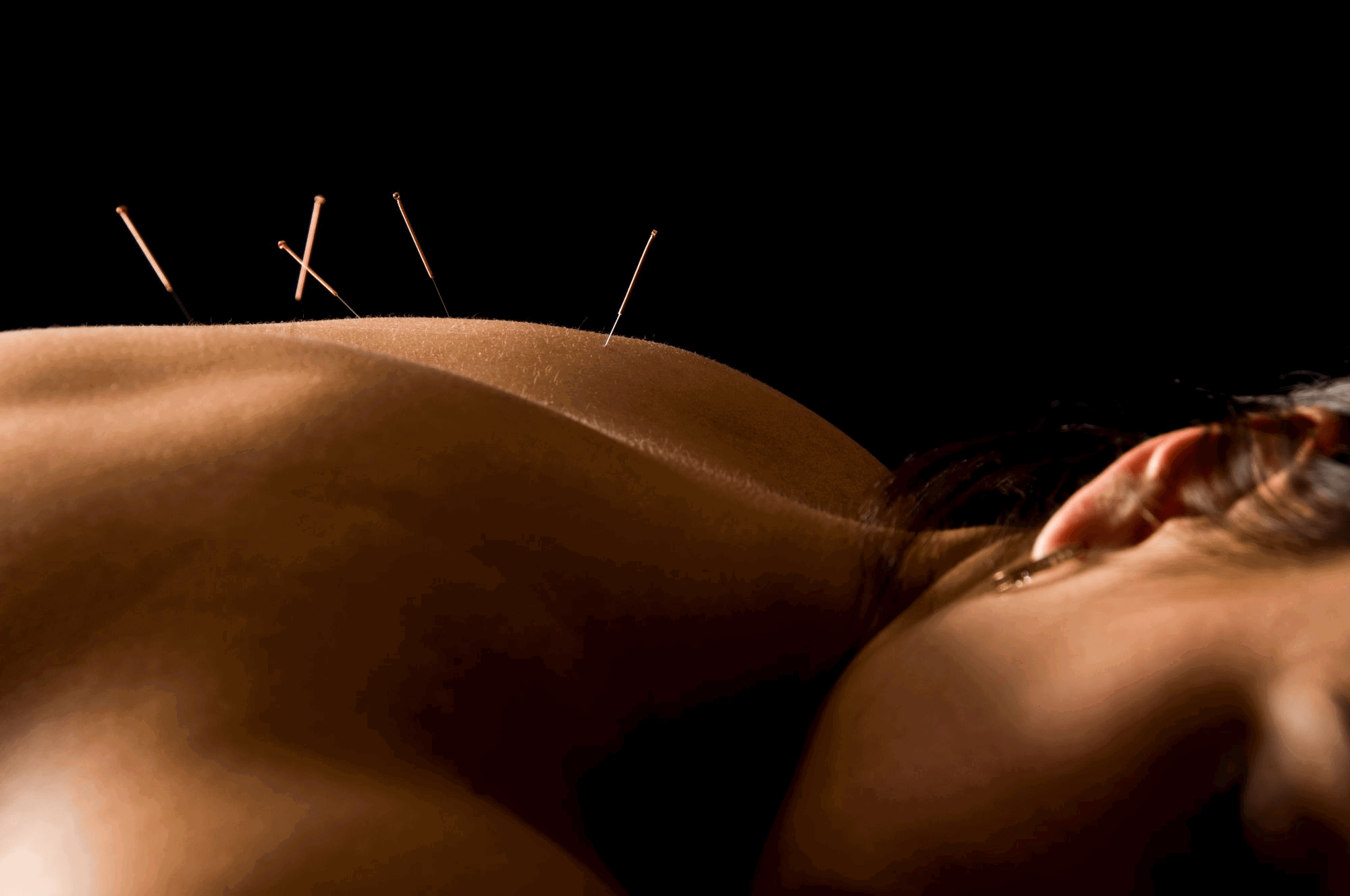 This time of year, when the weather is cold and days are short, people who suffer with mood disorders such as Seasonal Affective Disorder (SAD) or PTSD, often feel a worsening in their symptoms. Acupuncture can prove to be a very valuable healing tool for them, allowing them to remain engaged and joyful in their lives.Bottom line, acupuncture is a safe, natural and effective form of medicine that can treat a wide variety of health conditions. If you, and/or someone close to you, are frustrated with your current physical or mental health and want to feel better, why not give acupuncture a try and experience for yourself all the healing benefits it can offer.
This time of year, when the weather is cold and days are short, people who suffer with mood disorders such as Seasonal Affective Disorder (SAD) or PTSD, often feel a worsening in their symptoms. Acupuncture can prove to be a very valuable healing tool for them, allowing them to remain engaged and joyful in their lives.Bottom line, acupuncture is a safe, natural and effective form of medicine that can treat a wide variety of health conditions. If you, and/or someone close to you, are frustrated with your current physical or mental health and want to feel better, why not give acupuncture a try and experience for yourself all the healing benefits it can offer. I don’t know about you but as a human well over 50 myself that made me sit up and pay attention. Dr. F. Batmanghelidj, who wrote “Water: For Health, For Healing, For Life: You’re not sick, you’re thirsty” states that chronic unintentional dehydration plays a major role in memory and cognitive decline. If holding on to your little grey cells has become more important of late, then making sure you’re properly hydrated is huge step in the right direction. How well you’re hydrated determines the amount of oxygen that the brain is receiving at any point in time. Oxygen, along with all the minerals and other nutrients needed for optimal brain function, is carried in the blood. It makes sense then that when a person is even slightly dehydrated and oxygen and vital minerals are not being sufficiently delivered to the brains cells that cognition and mood would be effected.According to F. Batmanghelidj, MD, “water is directly needed for the efficient manufacture of all neurotransmitters, including seratonin.” Seratonin is your feel good hormone. Without sufficient serotonin in the brain, you’re more likely to feel anxiety and depression. Neurotransmitters not only play a role in hormone production, they allow the brain to send and receive information from everywhere in the body. Dehydration sets us up for developing dreaded “neurological issues.” Current research is exploring the role of chronic dehydration and the increased risk of developing neurological diseases as Alzheimer's and Parkinson’s disease.
I don’t know about you but as a human well over 50 myself that made me sit up and pay attention. Dr. F. Batmanghelidj, who wrote “Water: For Health, For Healing, For Life: You’re not sick, you’re thirsty” states that chronic unintentional dehydration plays a major role in memory and cognitive decline. If holding on to your little grey cells has become more important of late, then making sure you’re properly hydrated is huge step in the right direction. How well you’re hydrated determines the amount of oxygen that the brain is receiving at any point in time. Oxygen, along with all the minerals and other nutrients needed for optimal brain function, is carried in the blood. It makes sense then that when a person is even slightly dehydrated and oxygen and vital minerals are not being sufficiently delivered to the brains cells that cognition and mood would be effected.According to F. Batmanghelidj, MD, “water is directly needed for the efficient manufacture of all neurotransmitters, including seratonin.” Seratonin is your feel good hormone. Without sufficient serotonin in the brain, you’re more likely to feel anxiety and depression. Neurotransmitters not only play a role in hormone production, they allow the brain to send and receive information from everywhere in the body. Dehydration sets us up for developing dreaded “neurological issues.” Current research is exploring the role of chronic dehydration and the increased risk of developing neurological diseases as Alzheimer's and Parkinson’s disease.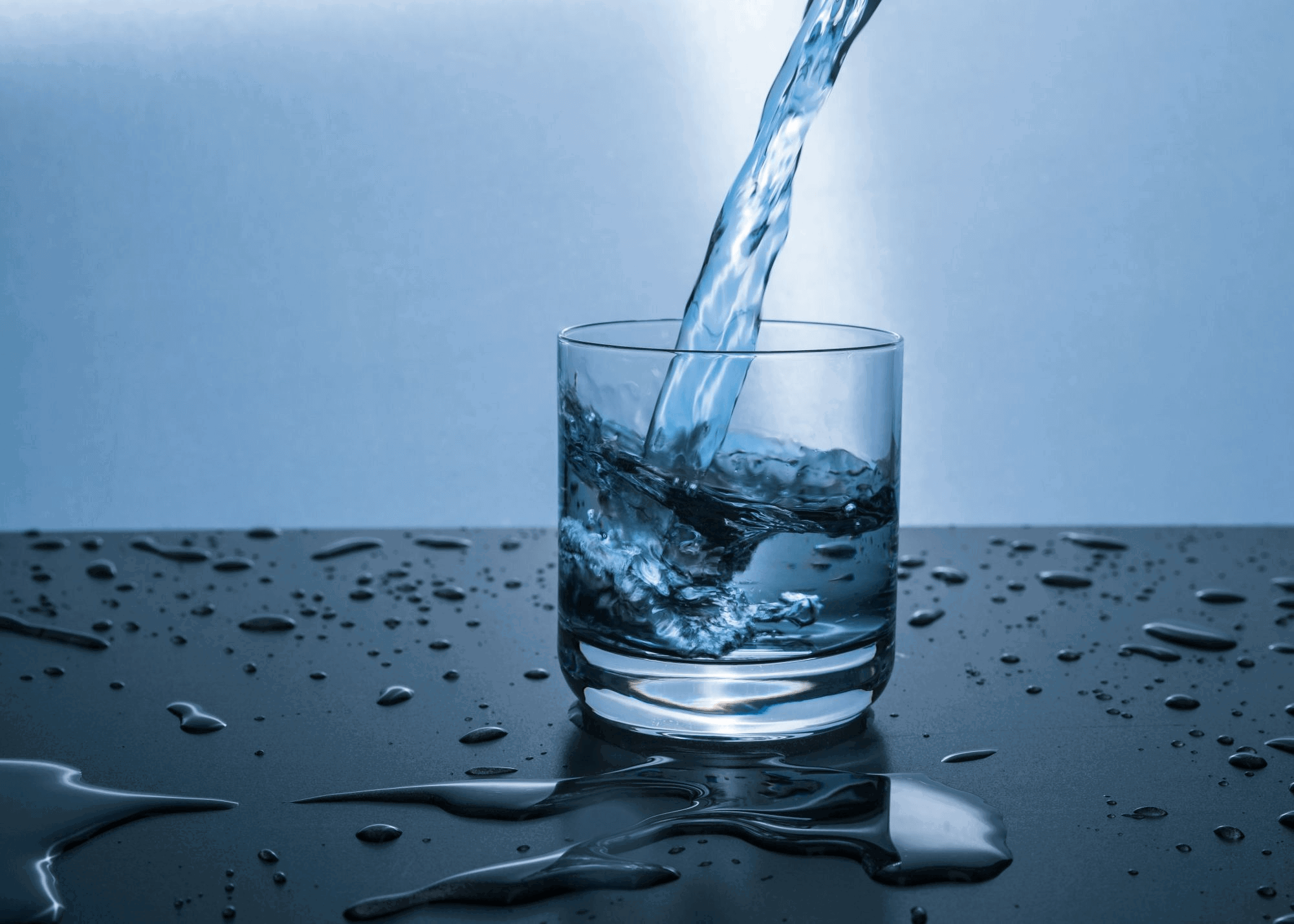 Half your body weight in ounces. If you weigh 160 lbs. you need to be drinking 80 ounces of pure, preferably filtered, water every day. Fruit juice and soda do not count towards hydration. If you drink caffeinated and/or alcoholic beverages regularly then you need to drink more, but most people aren’t even close to the baseline requirement so I recommend starting there. I encourage all my patients to do the math and then figure out how much their favorite water vessel holds and how many refills are needed to meet the requirement. 100% of my patients who excepted my 2 week water challenge reported feeling better on all levels.
Half your body weight in ounces. If you weigh 160 lbs. you need to be drinking 80 ounces of pure, preferably filtered, water every day. Fruit juice and soda do not count towards hydration. If you drink caffeinated and/or alcoholic beverages regularly then you need to drink more, but most people aren’t even close to the baseline requirement so I recommend starting there. I encourage all my patients to do the math and then figure out how much their favorite water vessel holds and how many refills are needed to meet the requirement. 100% of my patients who excepted my 2 week water challenge reported feeling better on all levels.